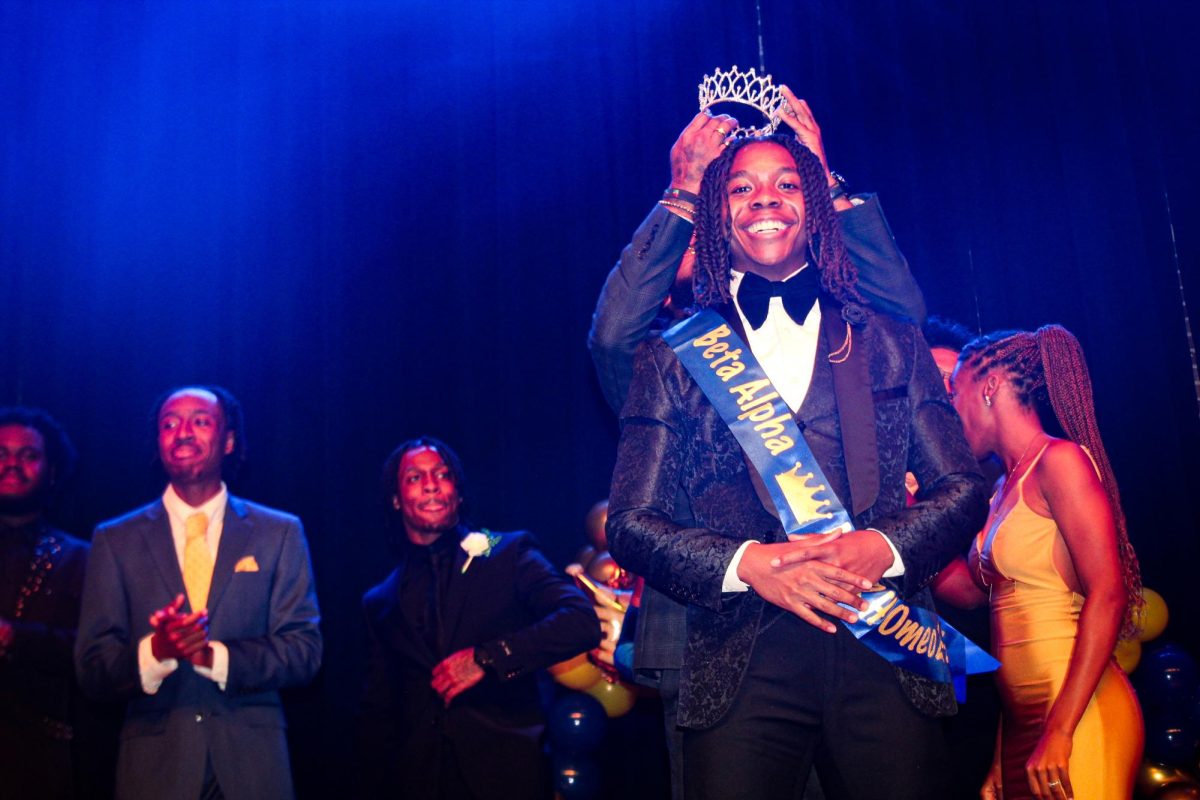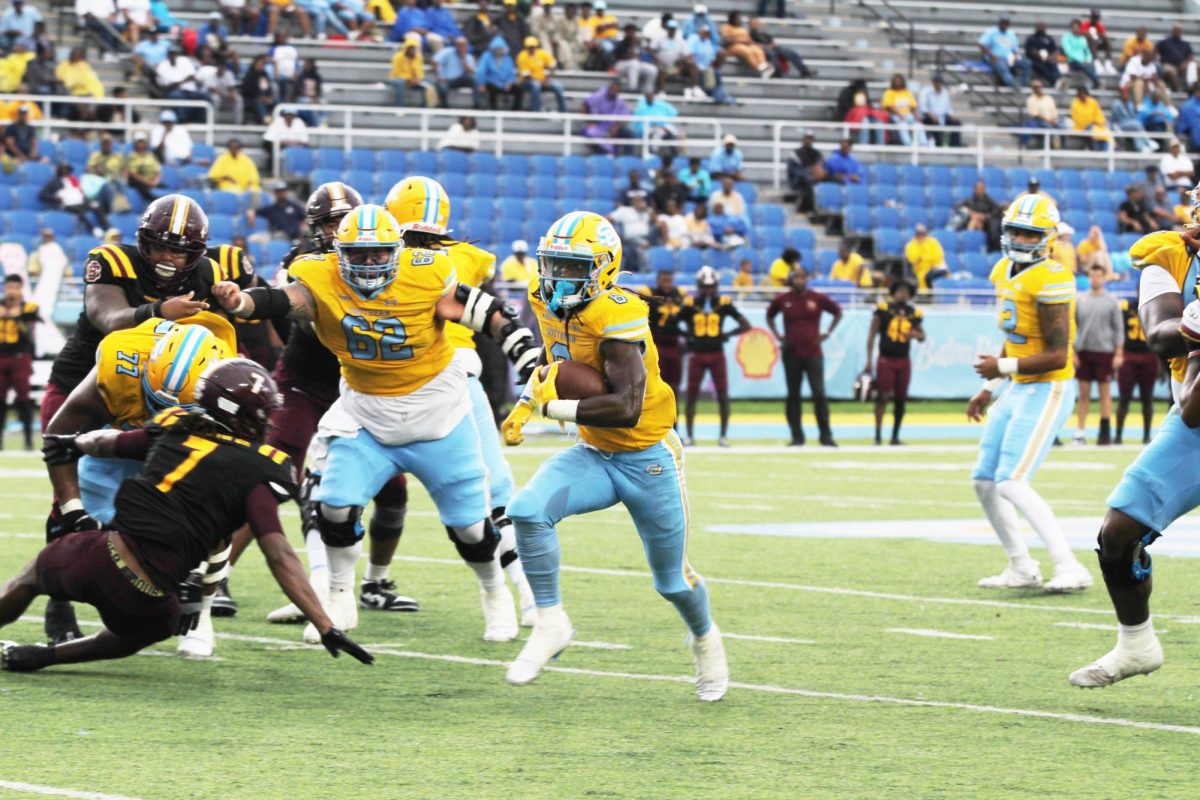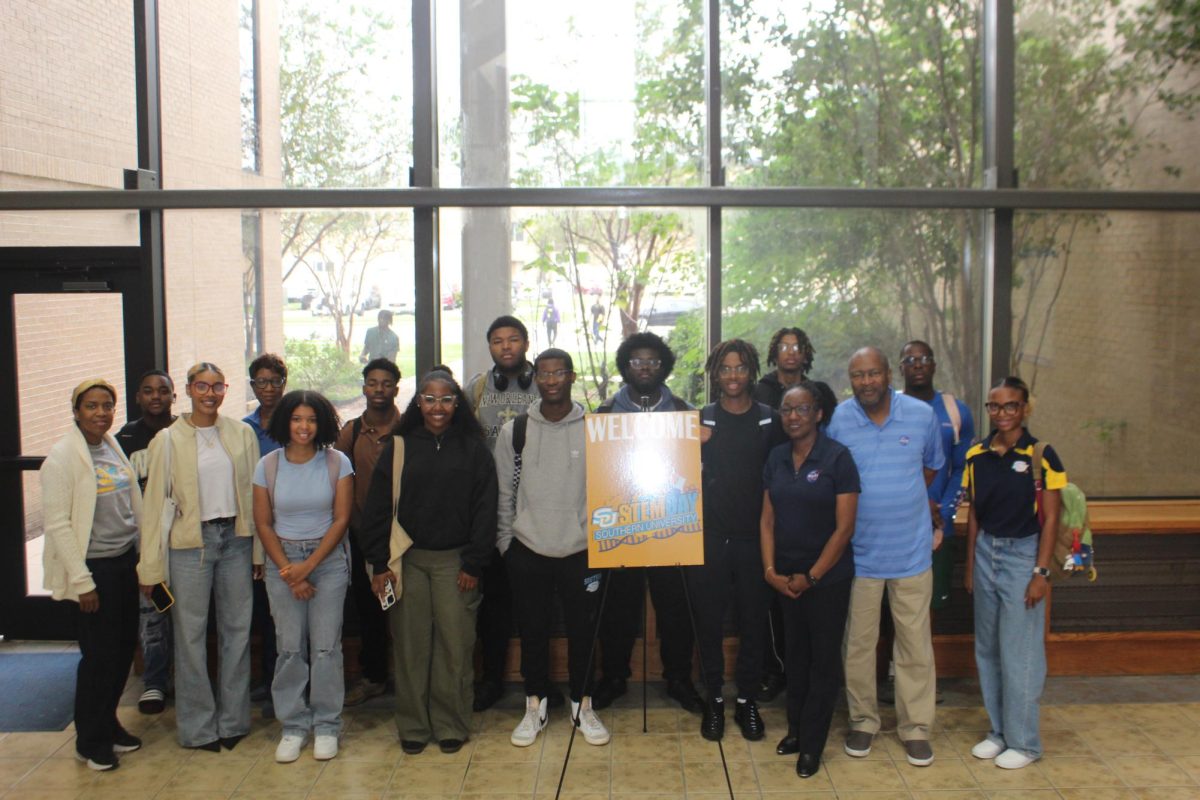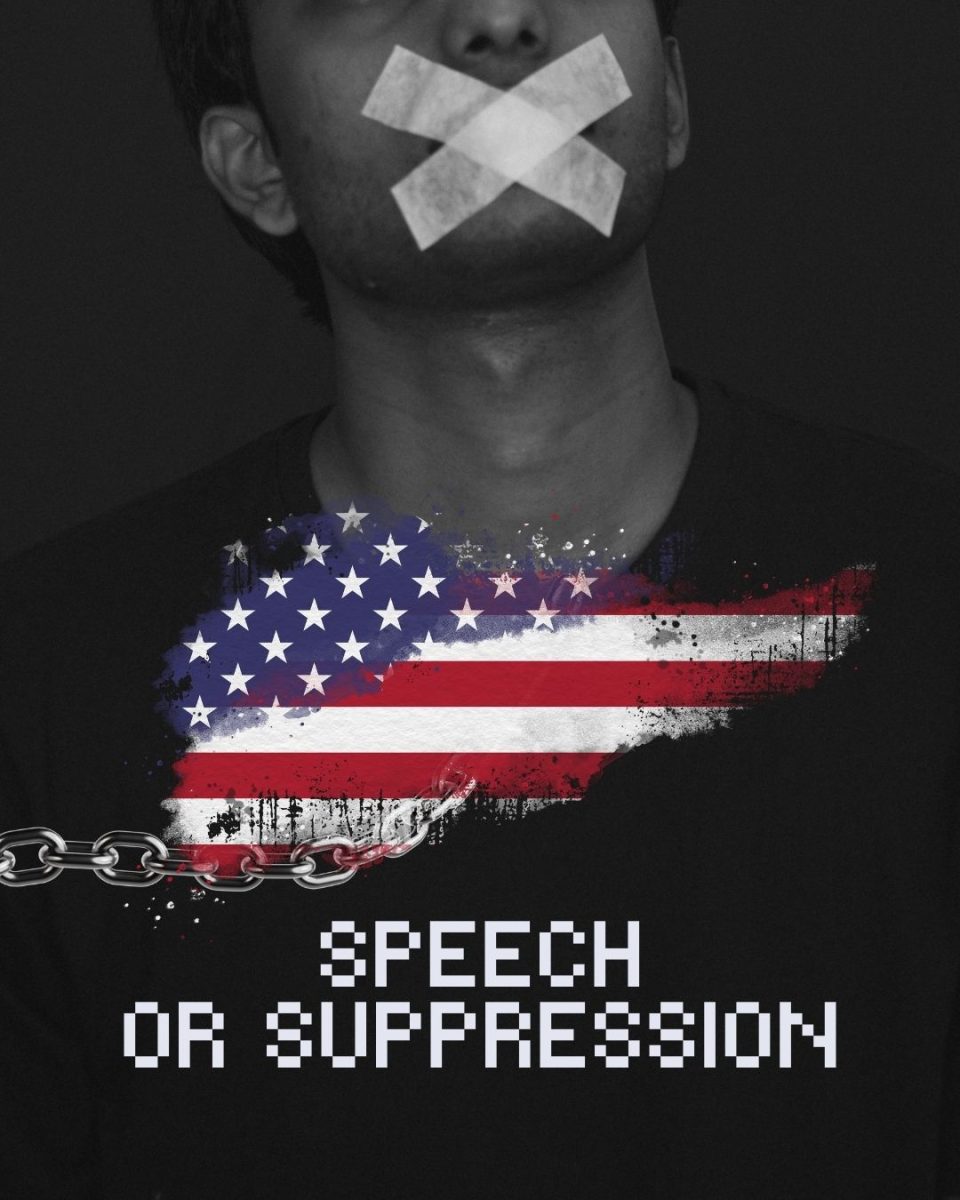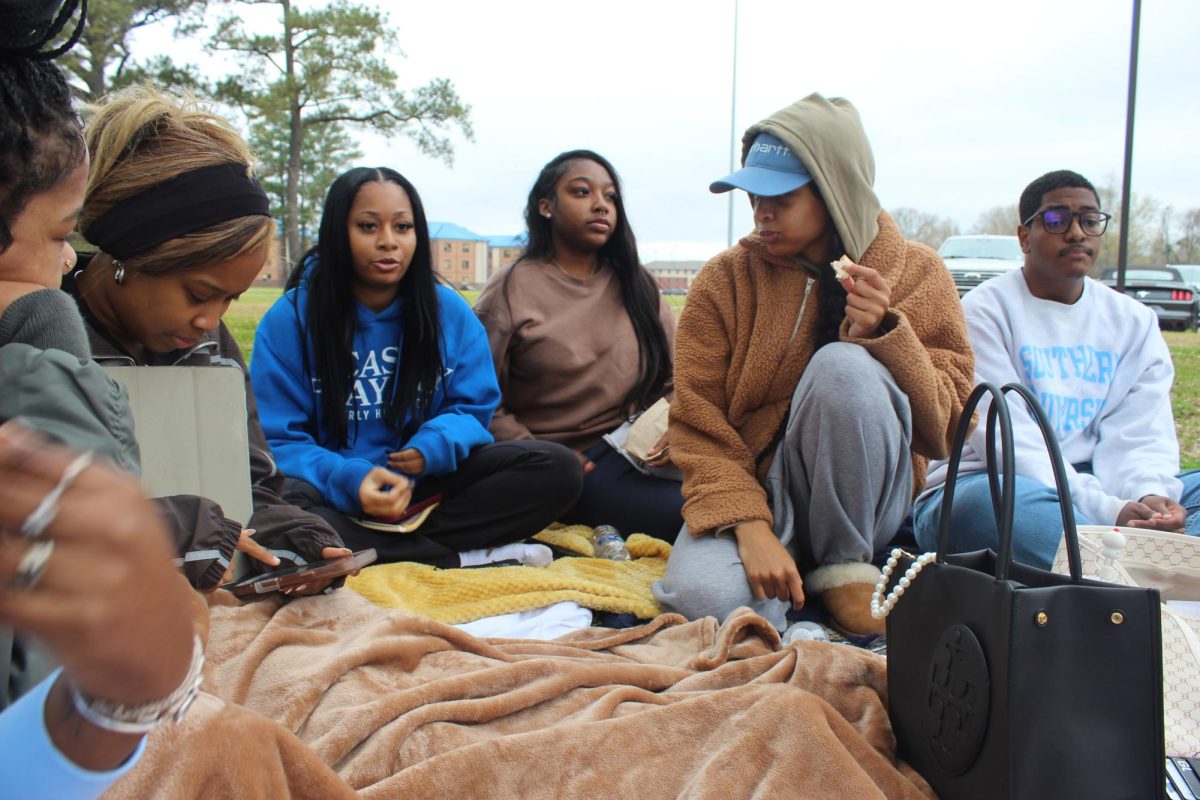For years in this country, black men have been victims of all sorts of brutal murders and are first in line to receive unjust treatment when it comes down to the systematic reigns of racism and oppression. Young men from ages fourteen to twenty-six have fallen victim. Emmitt Till (1955), Rodney King (1991), and Trayvon Martin (2012) were all young black men who have been wrongfully murdered in the hands of hate.
The suspects of each victim never received any consequences and it only opened doors for history to repeat itself yet again. People here have been hyper-sensitive to videos and images of young black brothers getting knocked off in the streets by police, however people are less aware of the slow killings that take place in jails and prisons every single day.
Kalief Browder happens to be one of those victims of prison abuse whose story has caught attention from people all around the globe. Browder was captured on profoundly unfair charges of taking a book bag when he was 16 years of age, then sent to the New York City’s infamous Rikers Island (one of the worst prisons here in America) prison to anticipate a trial that never happened. His mom, Venida, was not able post his bond, and his dad had relinquished the family. Thus, Kalief burned through three hard years in Rikers, the larger part of them in isolation.
Two years after his discharge from prison—after prosecutors neglected to bring a body of evidence against him—Kalief committed suicide. He couldn’t get away from the injury and traumatic stress that followed him from his stretch in the ignoble prison, even as he set out upon a journey to uncover the majority of the wrongs doings happening inside the corrections office.
Browder was the last to be embraced into his group of seven kin, making him the youngest. Beside his two most seasoned kin, five more of the youngsters were embraced into the foster care system. Counting the kids in child care, and her natural born children, Browder’s mom had brought up thirty-four kids by the year 2015. In spite of moving out when Browder was ten years of age, Browder’s dad helped financially in support to the family. The family lived by the Bronx Zoo.
On May 15, 2010, 16-year-old Browder and his friend were arrested on Arthur Avenue in the Bronx after Roberto Bautista, a Mexican immigrant, had accused the pair of robbing him two weeks prior. Browder was accused of second-degree burglary. He was not able make his $3,000 bail. Maintaining his purity, he declined to take a plea deal that would have discharged him at some point.
The case was in the long run rejected and Judge Patricia DiMango discharged Browder in June of 2013 after various delays of his case and 31 hearings. For two of those years, Browder was held in solitary isolation. He was held in isolation for almost 800 days.
Amid his time in jail, Browder over and over requested a trial and was just offered plea bargains rather, which would have given him up to 15 years in prison if he were convicted for the crime that he didn’t do.
This is the perfect example of ways the judicial system here in America will completely dehumanize someone, strip them of their rights & dignity, and attempt to throw them back out on the streets only for the individual to continue the cyclical path of doing time or simply leave them out in the streets with a feeling of nothingness to furthermore lead them to suicide.
This is what happens to black men on a daily in America, but more importantly this is what happened to Kalief Browder. #SayHisName
Categories:
Say His Name: Kalief Browder Wrongly Convicted
March 22, 2017
0
More to Discover



